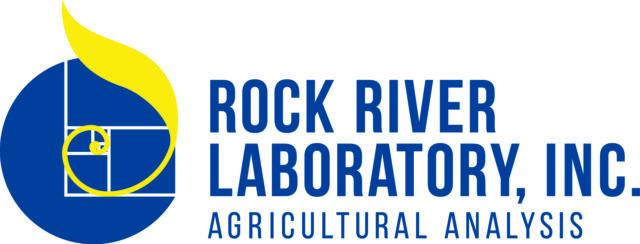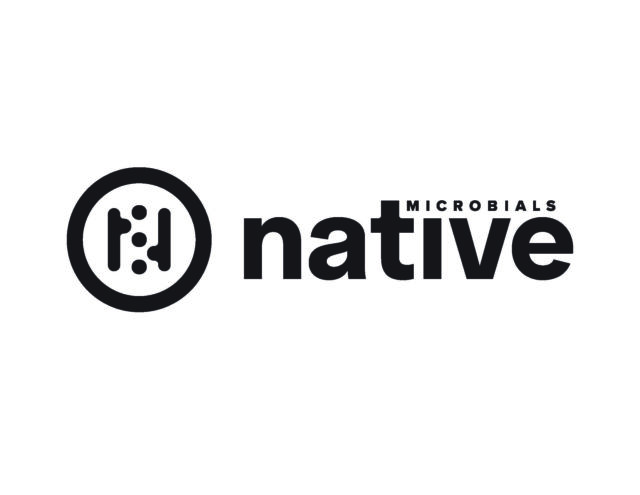My good readers, you have been with me through many articles. Many of them reflect my thoughts of science and art, a recurring theme.
Many of them are stories, written in the form of a lesson. Perhaps a moral lesson or one that sheds light on bringing wisdom to a practical side of life.
I have written them from a dozen countries. In the last few years, they include Russia and Tajikistan and, of course, my long assignment in Afghanistan, as a USDA adviser for two provincial reconstruction teams.
This article will be the first of many that will describe my journey to Iraq, my deployment there and my reflections upon returning.
Let me lay the groundwork in this article, while still a resident of Michigan. The USDA office at the U.S. Embassy in Baghdad, Iraq, consists of a team of ministerial advisers. I will be one of them: the soil and water policy adviser for the Iraq Minister of Agriculture and Irrigation.
I will live and work in the International Zone, yet I will travel the country about 40 percent of the time under the protection of our dear friends in the U.S. military. The deployment is a 13-month assignment, thus about four months longer than my assignment in Afghanistan.
I will begin the assignment by residing in Washington, D.C., and attending the Foreign Service Institute (FSI) in Arlington, Virginia. This facility, operated by the U.S. State Department, trains foreign service officers for overseas deployment.
The training includes cultural awareness and language skills. It is three weeks long. The FSI is attended by many civilians across the many agencies of the U.S. government; the USDA is just one of them.
My actual deployment in country will be 12 months. I’ll share with you I am leaving NRCS for these 13 months. My duty station in Washington, D.C., is based with the Foreign Agriculture Service, another service within the USDA.
Let me also add that I will have return rights with NRCS when the assignment is over; however, I may perhaps be doing something else. My position here in East Lansing may be eliminated.
This is different from when I completed my assignment in Afghanistan; I came back to my same career and position which I held prior to that service. This call to serve is one I take seriously.
For those of us with the stomach for overseas work, especially in a war zone, we go in service to our country. We are proud to do this work for both a patriotic and humanitarian ethos.
You may ask what do these mean – these words patriotic and humanitarian? Surely as long as there have been nation states, then men and women have understood that at times we must leave the comforts of home, the loved ones around us and the familiarity of our senses and go. P
erhaps it is over a hill or beyond an entire shore. Perhaps it is to rid the world of evil, or make ever so slight a difference by raising the bar of good so that the Rule of Law is embraced. The Rule of Law is our golden rule: That no man or woman can be above the law.
The law, in this case, is that we are all created the same, that we must treat others the way we want to be treated and that whether prince or king or president or beggar or wealthy or black or white or brown or educated or illiterate, we shall be judged by how well we avoid any form of discrimination or reproach.
Thus it is the Rule of Law that drives us to do the right thing, and the right things we do are universal. All men and women know them.
And wherever I have lived and worked, there are no exceptions. The term humanitarian describes efforts to, in whatever manner possible, provide a better quality of life for the downtrodden.
This is the right thing to do. We go into a failed or failing state and at the very basic level improve the necessities of life. For those of us in agriculture, the goal is food and fiber production.
The term humanitarian also suggests that for those of us having lived absolutely privileged lives we must give back. We owe something to our fellow man wherever they may be.
I have often, in these articles, written about the fundamental requirement of composing a life: That we must lead an authentic life. Thus, I do so in public service.
I will write articles that reflect my deepest feelings about Iraq, the people I meet, the landscape, the challenges, the successes and the failures. I will write about my homesickness for Sandy; she sacrifices once more while I am gone.
I will write about my fears and perhaps times when I might admit to crying for the abject calamity before me. Yet, I will work hard and, in the same vein of my time in Afghanistan, change history by making a difference.
This I do authentically for that is the most important role that I play. I enter the calling of service as a patriot and humanitarian.
Mike Gangwer
USDA - NRCS
Nutrient Management Specialist
mike.gangwer@mi.usda.gov




